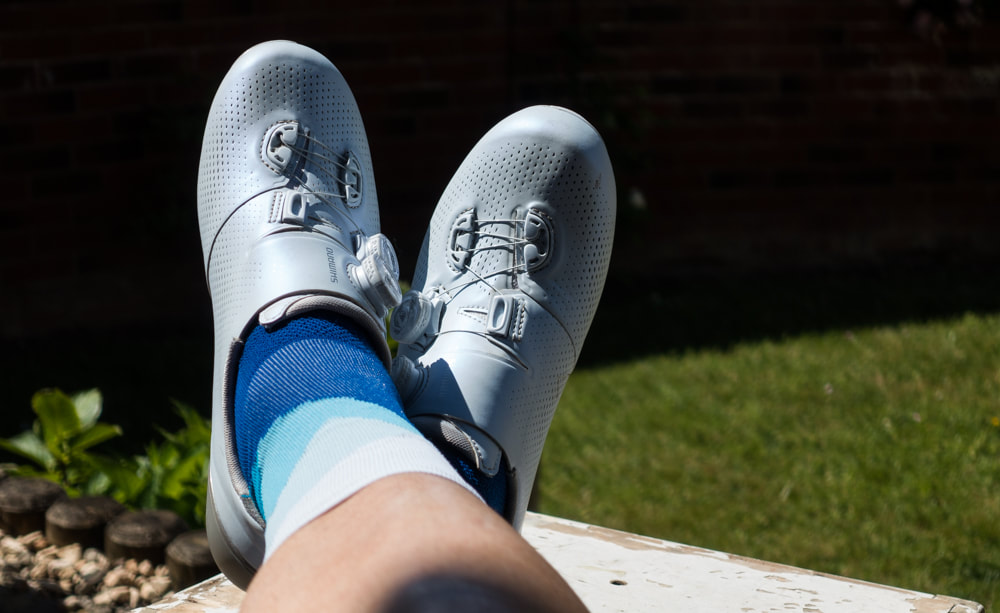|
During lockdown, whilst many of us are finding we have spare time, we are also coping with the duel psychological challenges of lockdown and the absence of goals or target events. It’s a perfect, if very unusual, storm and looking at the data coming back from my riders, I’m finding myself telling them to rest more. Tricky stuff. Advising an endurance athlete to rest when they have spare time is like nailing jelly to the ceiling. ...Recovery is not something you do after training, it is training... To explain why rest is important, it’s worth briefly referencing the Principles of Conditioning – those fundamental tenets of how training works, the main elements being. Overload Recovery Adaption You overload your system by training with a combination of volume and intensity and, with the right amount of recovery, your body adapts to cope with increased demands. Recovery sits in the middle of these three pillars. It's not something you do after training, it is training. Recovery can be framed as anything from a few seconds between sprint intervals to 6 weeks off after the Tour or pretty much anything in between, but it’s important to understand that recovery is an integral part of the training process, not an adjunct to it. But we are in the strangest of strange times right now, as athletes and coaches we have the unprecedented challenge of balancing uniquely peculiar circumstances against the physiological and psychological risks of under-recovery. It’s natural to want ride if we have the time, we’re cyclists, we enjoy riding. Plus, it gets us out of the house in the fresh air and exercise gives us a mental boost – simply, it makes us feel better. So, the sun is shining, we extend our 1 hour session to 2 hours, do a 60 min ‘recovery’ ride a couple of times a week, throw in some ‘hello trees, hello flowers’ rides to control weight. Not unnatural things to do in the circumstances. All of these are probably necessary, perhaps even essential, in these bizarre times and frankly, none of them are likely to do any harm at all. Staying motivated to ride and maintaining a level of fitness is important, but don’t forget to build in some recovery time as an integral part of your training – it is essential for your physical and psychological well-being. A few things to think about if you’ve found yourself doing a lot more steady miles recently.
Rich Smith knows loads about resting having recently slept through a three and a half hour showing Robert de Niro's 'The Irishman'. Apparently, a lucky escape on his part. He has coached the GB Transplant Cycling team for 10 years, is a British Cycling qualified Level 3 coach and a very mature psychology student. Before upsetting film buffs, he spent 30 years upsetting people in senior roles for Barclays, HSBC, British Waterways and National Grid Property.
0 Comments
Leave a Reply. |
AuthorThe ramblings of a cycling coach... Archives
May 2024
Categories |
|
© COPYRIGHT 2022. ALL RIGHTS RESERVED.
|

 RSS Feed
RSS Feed
